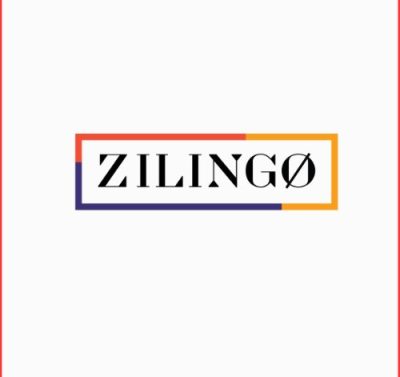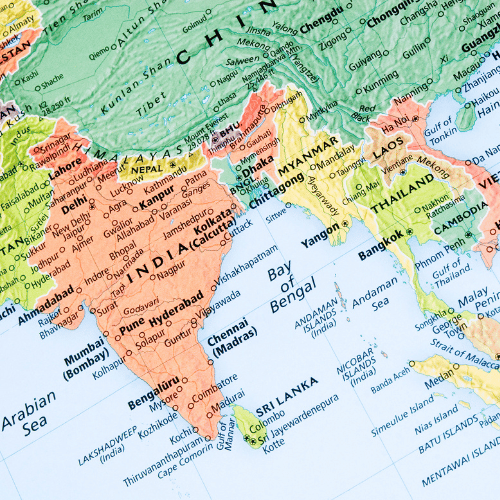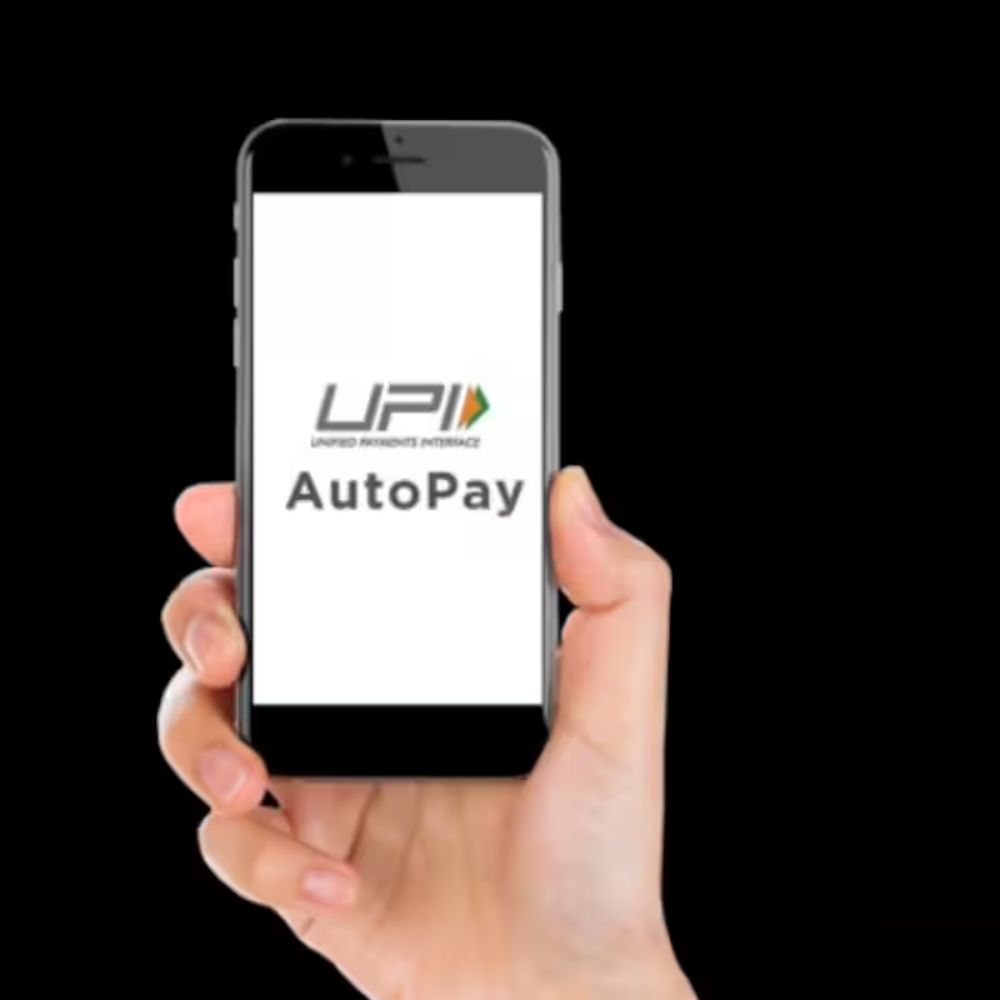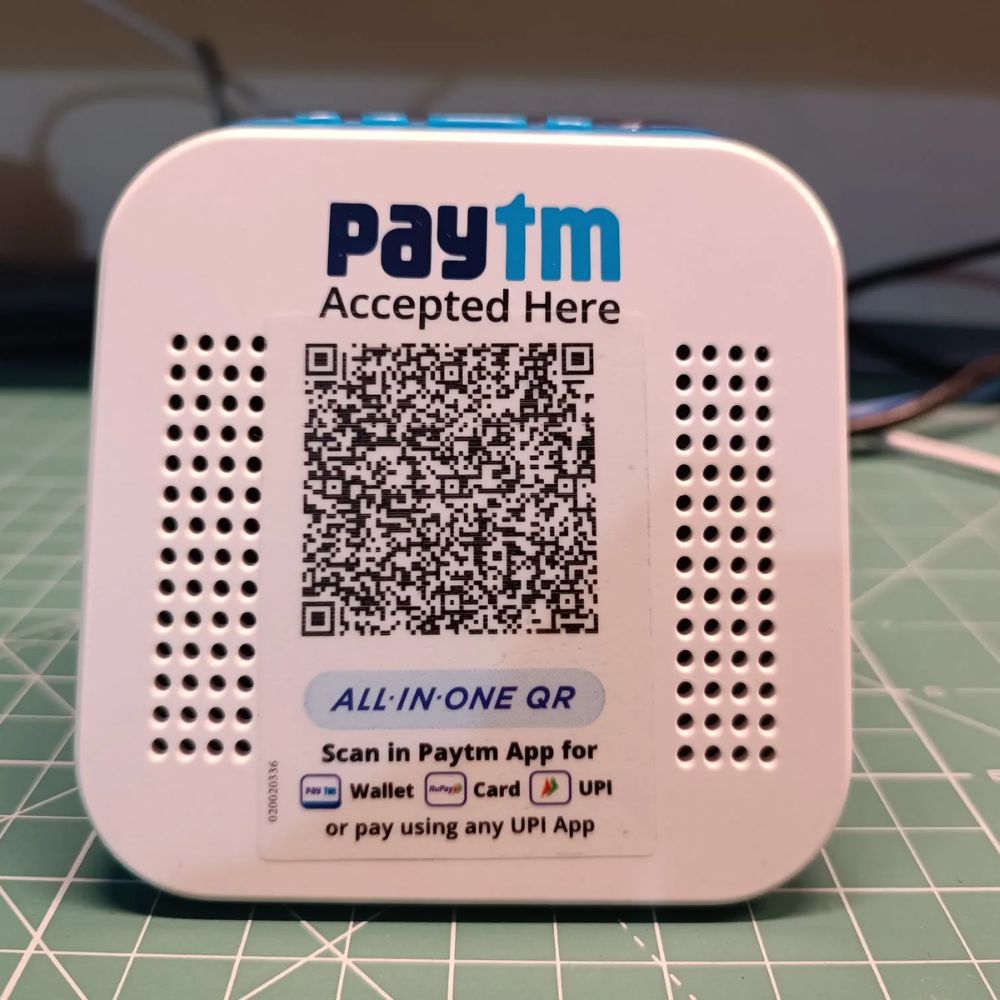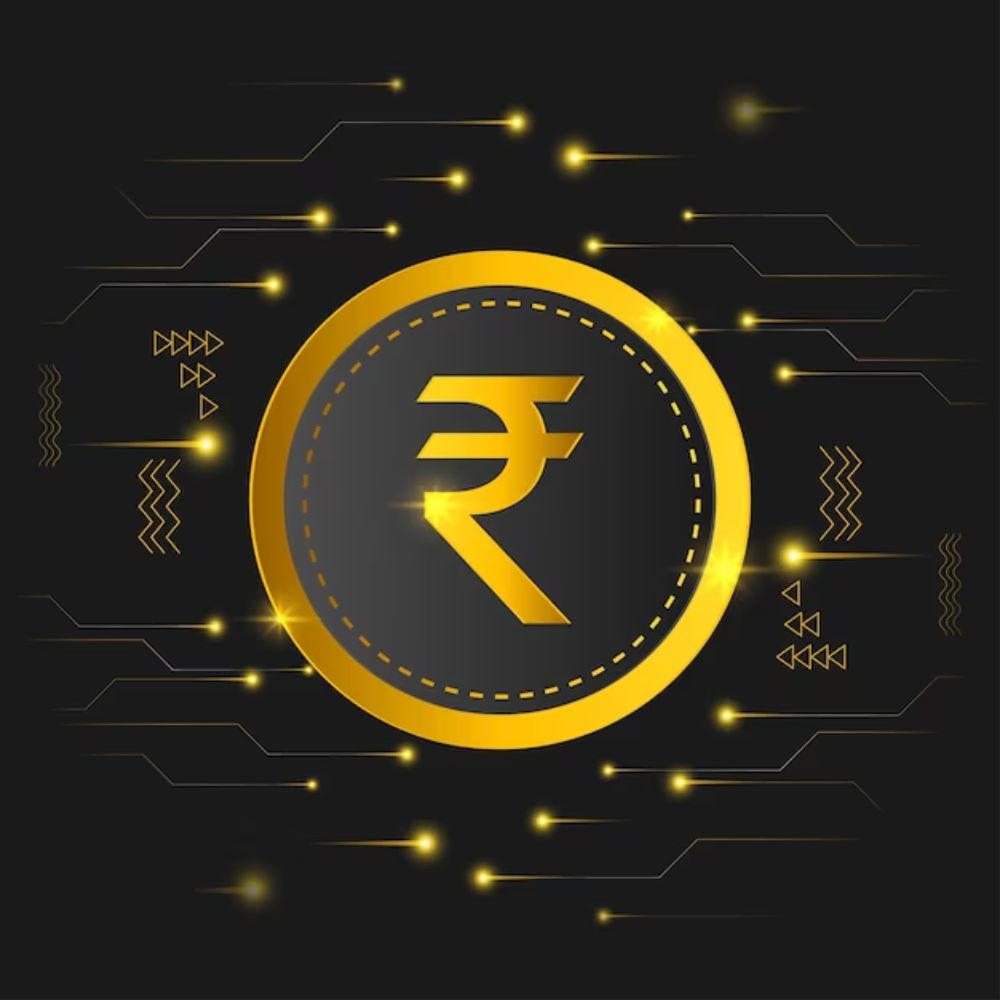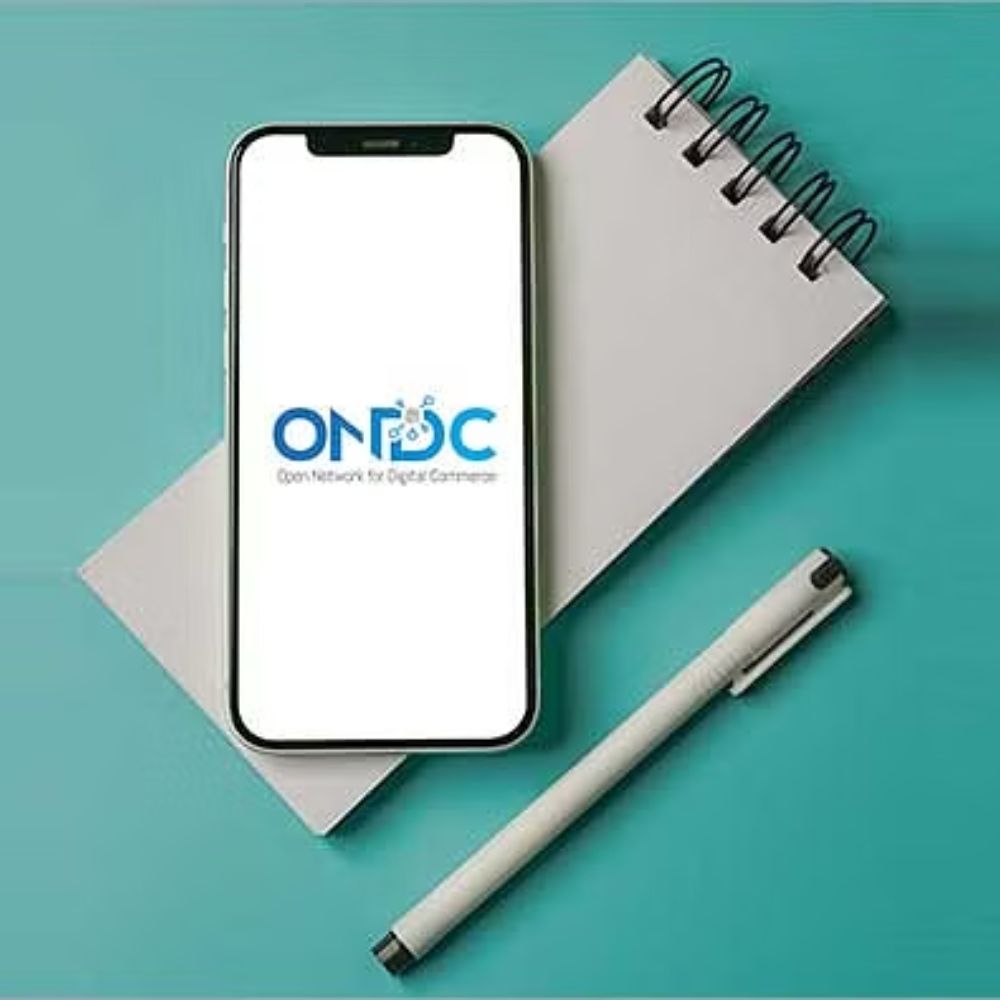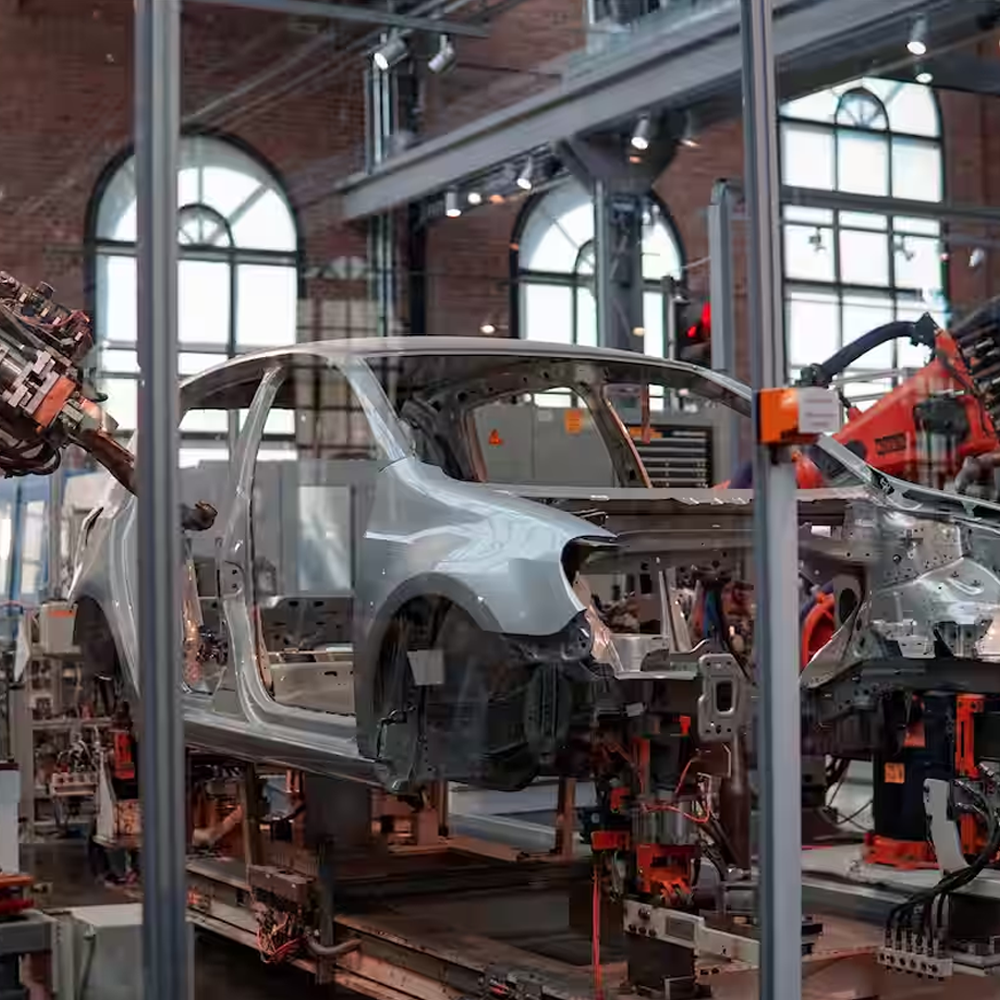A video is so important in promoting online consumption and social experiences in India, it will be a top priority.
From Facebook to Meta, the social media company has come a long way, with brands such as Facebook, Instagram, and WhatsApp. In FY21, the company’s total income in India increased by 16 percent year on year to around Rs 1,485 crore.
Ajit Mohan, managing director and vice president, Facebook (Meta) India, discusses how the company plans to focus more on product development, short-form video, creators, and the metaverse in 2022 in an email conversation with BrandWagon Online.
In India, how has 2021 gone for Meta’s many products, such as Facebook and Instagram?
When the epidemic struck, India was on the verge of undergoing a huge digital transition. The transition to digital has accelerated in the last 18 months. People use digital platforms like ours to stay in touch with one another, businesses rely on us to stay in touch with their consumers, and governments use platforms like WhatsApp and Facebook Alerts to keep residents informed about healthcare services. The country’s entrepreneurial drive, along with the seismic developments of the last year, has fueled the development of innovative business models in India that have the potential to be expanded and copied globally. Two of the fastest-growing industries are ed-tech and gaming.
We know that the pandemic has had a negative impact on business operations, particularly in the first half of 2020, but it’s also true that the digital forces unleashed in the last two years have strengthened the economy, opened up new opportunities for business growth, and are now paving the way for India’s economic recovery and growth.
What are the most visible trends in content consumption?
In particular, video and short-form content are apparent trends that will continue to rise in the coming year. India is a video-first market, with video accounting for 70-80 percent of all data in the country. Given the importance of video in boosting online consumption and social interactions in India, Meta will prioritise video.
With Reels, we’ll continue to focus on short-form content. According to a recent report, the Indian short-form video (SFV) market has grown 3.5 times in user base and 12 times in total time spent by all users on SFV platforms in the last two years. By 2025, three out of every four Internet users in India, or 600 million to 650 million people, will watch SFV, and they will spend an average of 55 to 60 minutes each day on SFV platforms.
We’ve also witnessed a lot of growth in the online gaming industry. Viewership of live gaming video on Facebook in India has increased by over 530 percent in the last year, and our investment in gaming in the country is expanding as we consider how we might help.
By functioning as a catalyst for content production and releasing creativity, AR is democratising expression. Spark AR is already the world’s largest mobile AR platform, and we recently completed a pilot in which we matched six talented emerging and aspiring creators with top Indian AR developers to demonstrate the ease of AR production and demonstrate how it can unleash creative expression and spark trends.
How have brands used new features on platforms, and to what extent have these features aided in getting attention?
For businesses, the power of discovery that Facebook and Instagram provide is unrivaled. On our apps, customers discover new brands and items every day. According to a GFK survey commissioned by Meta, 96 percent of those polled stated they find brands and items online. 83 percent said they usually find them on a Meta platform, and 96 percent of weekly users who find clothes, beauty, furniture, or consumer electronics on our apps end up buying anything. This demonstrates the enormous economic prospects that our apps provide for businesses on a daily basis.
We’ve also seen an explosion in the use of immersive technologies by enterprises. Virtual demos are increasingly influencing buyers’ purchasing decisions in various sectors, including fashion, health and beauty, autos, and mobile phones, according to a YouGov study conducted for Meta. Brands like Lakme used Augmented Reality technology to offer AR try-one on Instagram and found tremendous results, with approximately 18,000 try-on in just two months. This is just one of many examples of businesses that have benefited from our cutting-edge technology.
In India, there are 15 million WhatsApp business users. WhatsApp is making it simpler for companies to engage with their consumers, from huge corporations like SBI, ICICI, and Kotak to small enterprises, and we believe that the connection with JioMart will make it even easier for customers to shop from within the app.
How has Instagram helped small businesses? How have you been able to monetize brands by providing an integrated experience across your platforms?
Each of our apps can add unique value to businesses, from in-stream ads on Watch to Click-to-WhatsApp ads on Facebook, branded content on Instagram, and WhatsApp for Business to connect directly with customers – and most businesses leverage the strength of our apps together to unlock reach and growth for themselves.
Instagram, in particular, is assisting businesses in going direct-to-customer and providing reach not only across the country but also internationally. More than half a million Indian small businesses use Instagram to advertise their WhatsApp, phone number, or email address, or to encourage clients to contact them directly through direct messaging (DM). In India, over 45,000 small businesses are utilising Instagram to reach out to overseas clients by declaring global shipping in their biographies. Instagram is also where consumers connect with the companies and items that they care about the most. 90% of Instagram users follow a business, and in the last six months, Indians have posted over 1.2 million photos and comments on the platform to show their support.
What are the new areas that Meta wants to concentrate on in 2022?
We continue to devote disproportionate resources to India, and we are enthused by the country’s rapid transformation as a result of digital. We will continue to explore methods to make a significant generational effect in India, which remains one of our most important countries. This can be broken down into a few key areas:
Massive centricity in product development will continue – we will continue to develop goods and solutions that are inspired by India and have a global appeal. Two such products are Reels on Instagram and Facebook and Payments on WhatsApp. In 2022, we’ll continue to see what prospects we can uncover.
Our substantial bets on creators in India will continue — we’ll keep enabling Indians to express themselves on our platforms, largely thanks to Reels. Given the medium’s dominant role in driving online consumption and social experiences across Facebook and Instagram, the video will continue to be a key element of our strategy.
In 2022, another significant emphasis area for us will be small enterprises and their recovery. They are important to the economic recovery following the pandemic, and we will continue to support them. In connection with that, we will continue to assist direct-to-consumer businesses in making the transition from offline to online.
Finally, developing for the metaverse will be a priority, as it will bring economic opportunities and aid in the development of important sectors in India. It will help a large number of artists, developers, and enterprises, as well as the communities in which they work. India’s pool of engineers, developers, and producers, as well as its thriving startup ecosystem, will have a significant impact on the future.
who is Ajit Mohan?
Meta India has appointed Ajit Mohan as its Managing Director. Mohan was the MD of Facebook India, but due to a change in the global brand, the whole India team and all departments are now formally under the Meta India umbrella.
What is the qualification of Ajit Mohan?
He holds degrees from Johns Hopkins University’s School of Advanced International Studies (SAIS) and the University of Pennsylvania’s Wharton School. He graduated from NTU in Singapore with a BASc in Computer Engineering.
What is the salary of Ajit Mohan?
Ajit Mohan, the vice-president and managing director received an annual pay of over Rs 32 crore, according to the records, which included a salary of around Rs 10.7 crore and perquisites of over Rs 21 crore.








